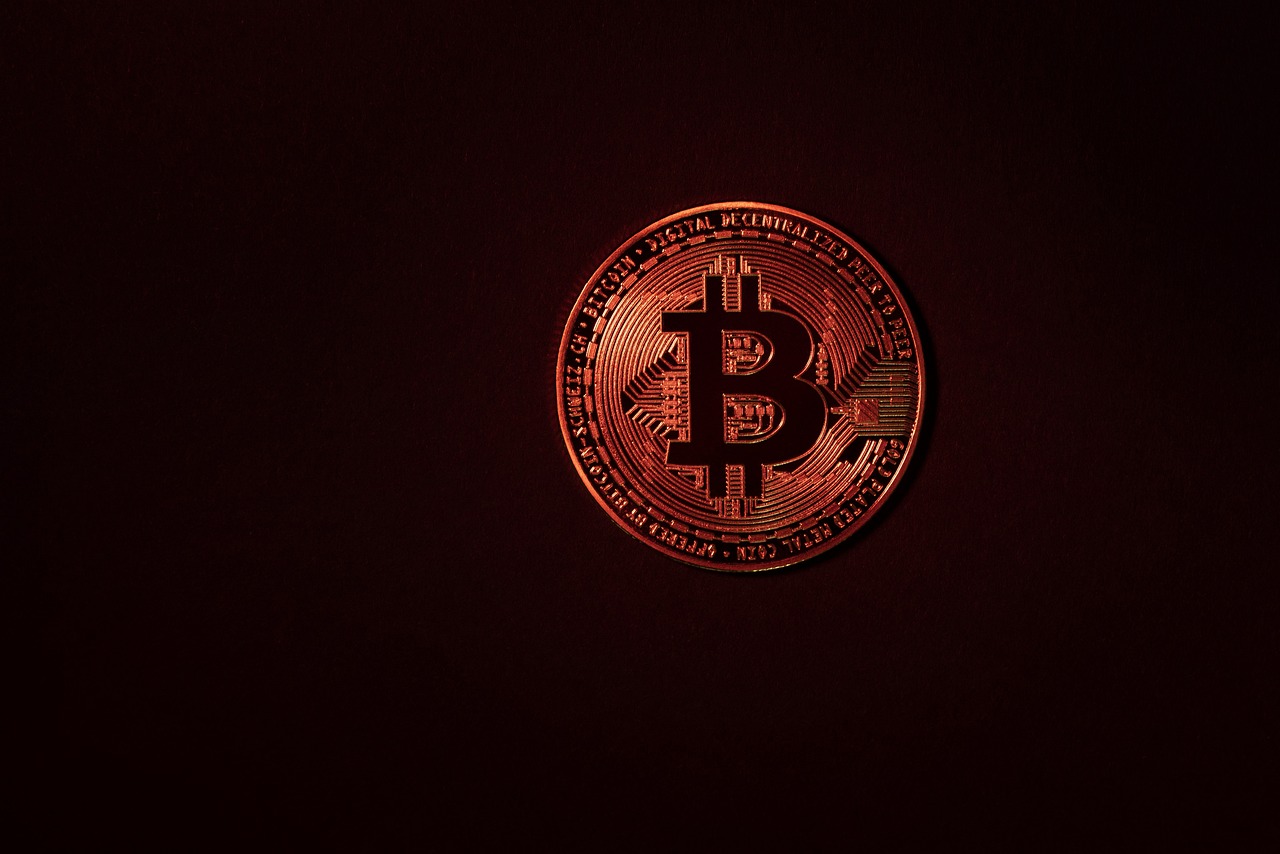TLDR
-
Aleksei Andriunin gets 8 months in prison and forfeits $23M for faking token volumes from 2018 to 2024.
-
Gotbit’s CEO used code to inflate trading activity, securing listings and investor hype with fake volume.
-
Gotbit must halt all operations for 5 years after admitting to wash trading for shady token projects.
-
Andriunin pleads guilty to market fraud, loses millions, and agrees to stay out of crypto during supervision.
-
Justice Department targets Gotbit, joins MyTrade and CLS Global in latest wave of market manipulation busts.
Aleksei Andriunin, CEO of crypto firm Gotbit, received an eight-month prison sentence for orchestrating an extensive wash trading scheme. The sentencing follows his March 2025 guilty plea to wire fraud and market manipulation charges involving millions in fake trading volumes. Prosecutors confirmed he will also serve one year of supervised release and forfeit $23 million in stablecoins tied to fraudulent activity.
Wash Trading Scheme Used to Inflate Token Volumes
Authorities found that Andriunin developed custom code to create artificial trading activity across multiple tokens from 2018 to 2024. He then used these inflated volumes to manipulate listings on platforms like CoinMarketCap and secure exchange access. Gotbit ran these operations across various accounts to hide the activity from blockchain records.
Aleksei Andriunin, founder of crypto market maker Gotbit, was sentenced to 8 months in prison and 1 year of supervised release by a U.S. federal court on June 13 for orchestrating millions in wash trading from 2018 to 2024. Gotbit received 5 years’ probation and must cease…
— Wu Blockchain (@WuBlockchain) June 13, 2025
The company promoted these services to crypto startups as a way to attract investor interest and improve visibility. This scheme generated tens of millions of dollars in client payments while misleading the market. Prosecutors linked the strategy to several low-cap tokens, including Robo Inu and Saitama.
Andriunin ran the operation from Russia and Portugal before his arrest in Lisbon in October 2024. Authorities extradited him to the U.S. in February 2025, where he entered a plea deal. The deal included financial penalties and a commitment to withdraw from crypto markets during the supervised release period.
Gotbit Consulting Sentenced to Cease Operations
Gotbit Consulting LLC received a five-year probation order and must suspend all services during that time. The court found the firm directly responsible for enabling widespread market manipulation across multiple assets. It admitted to running wash trading for clients aiming to fake legitimate activity.
Prosecutors said Gotbit built internal systems to coordinate fake trades while avoiding blockchain detection. The firm received millions in fees from startups seeking visibility on exchanges and data aggregators, and its business model violated federal securities and fraud laws.
Two company directors, Fedor Kedrov and Qawi Jalili, also face related criminal charges in the same scheme. The Department of Justice confirmed their indictment as part of a broader crackdown on crypto market manipulation. Investigators said their actions contributed to systemic risks within the digital asset space.
Broader Regulatory Crackdown on Crypto Market Makers
Gotbit now joins a growing list of market makers penalized for illegal trading practices, following actions against MyTrade and CLS Global. The U.S. Department of Justice is increasing efforts to eliminate fraudulent activity in the digital asset sector. These efforts target firms engaged in deception, misrepresentation, and unregistered trading schemes.
The Securities and Exchange Commission also filed a separate civil case against Gotbit for violating securities laws. This civil action seeks further penalties and long-term restrictions against those involved in the manipulation. Regulators aim to protect investors from misleading token activity and ensure a level playing field in crypto trading.
Andriunin’s sentencing demonstrates the legal consequences of market manipulation. It also highlights increasing global cooperation, as seen in his extradition from Portugal to the United States. The case reinforces the urgent need for transparency and accountability in the crypto ecosystem.











